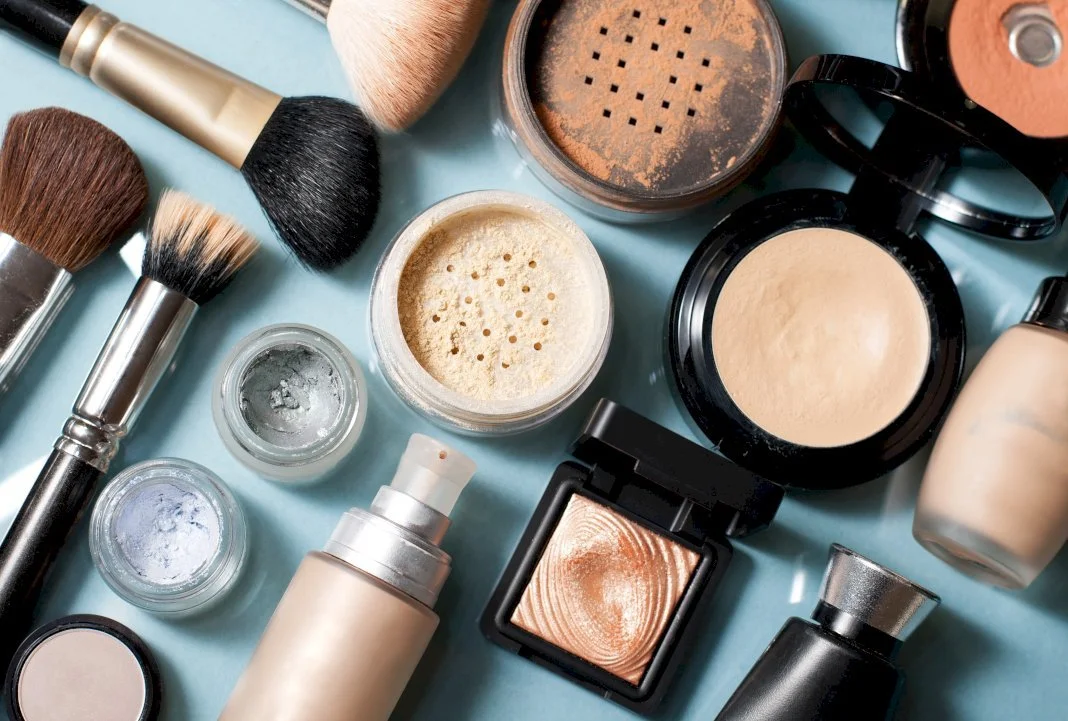Keep costs down by sourcing affordable and quality raw materials, as well as opting for a dropshipping model.
Focus on niche products tailored to your target demographic that are priced correctly and have eye-catching packaging.
Invest in marketing and promotion techniques like social media, public relations, etc., as well as discounts and free samples.
Invest in better customer service strategies to build customer loyalty and word-of-mouth referrals.
The beauty industry is one of the most competitive industries in the world. But that doesn't mean it's impossible to find success in a small-scale cosmetics business. In fact, with the right approach, you can not only survive but thrive in today's market. Here are some tips to help you grow your small-scale cosmetics business.
1. Keep your costs down.
One of the keys to success for any small business is to keep costs down. This is especially true in cosmetics, where margins are often razor-thin. Look for ways to cut costs without compromising on quality. For example, coconut oil is a great natural ingredient that is affordable and good for the skin. You might source your raw materials from a coconut oil exporter who offers bulk discounts. They can often help you save money while ensuring reliable quality.
You may also want to consider a dropshipping model for your business. This allows you to sell products without having to purchase the inventory upfront. Many suppliers will dropship your products for a small fee, allowing you to scale up without investing in inventory. Just make sure to do your research and select a reliable supplier.
2. Focus on niche products.
Another way to grow your small-scale cosmetics business is to focus on niche products. There's a lot of competition in the beauty industry, but if you can find a niche market for your products, you'll be able to carve out a loyal customer base. Don't be afraid to experiment with different product lines. Consider the following factors when thinking about niche products:
a. Price point
Is the product affordable or premium? Depending on your target market, you'll need to decide what price point makes sense for your business. If you're selling luxury items, you'll need to ensure that your profit margins are high enough to cover material and production costs.
b. Packaging
Choosing an eye-catching design can help your product stand out in a crowded marketplace. Many of today's consumers are attracted to unique and aesthetically pleasing packaging. Look for ways to add a personal touch to your packaging design.
c. Target demographic
Who is your ideal customer? Think about who would likely buy your product and design it to appeal to them. Are they teenage girls or middle-aged women? Luxury seekers or bargain hunters? You should tailor your products to meet the needs and wants of your target demographic.
d. Quality
It pays to invest in quality. Consumers are increasingly aware of the ingredients used in cosmetics and taking a stance on sustainability. Make sure your products are of the highest quality, and you'll be sure to win over customers.
3. Invest in marketing and promotion.
Investing in marketing and promotion is another essential way to grow your small-scale cosmetics business. Create a marketing plan that includes both online and offline tactics. Make sure you're active on social media and have a well-designed website showcasing your products. And don't forget about traditional marketing techniques like print ads, public relations, and direct mail campaigns.
Many beauty businesses also offer discounts or free samples to boost sales. Doing so can help you attract potential customers and build customer loyalty. Promote these discounts and free samples through your website, social media channels, and other marketing efforts.
4. Invest in customer service.
Finally, investing in customer service is another essential way to grow your small-scale cosmetics business. Make sure you're responsive to consumer inquiries and feedback. Offer personalized customer service, such as the ability to create custom products or customized beauty regimens. You can also use customer feedback to inform product development and adjust your marketing campaigns.
If you can offer good customer service, your customers will be more likely to spread the word about your business and return for future purchases. This, in turn, can help you boost sales and grow your business. Just make sure to regularly evaluate customer feedback and adjust your strategies accordingly.
The beauty industry is highly competitive, but that doesn't mean small businesses can't succeed. You can survive and thrive in today's market with the right approach. Keep your costs down, focus on niche products, and invest in marketing and promotion to help grow your small-scale cosmetics business. If you focus on good customer service and offer quality products, you'll be well on your way to success.




